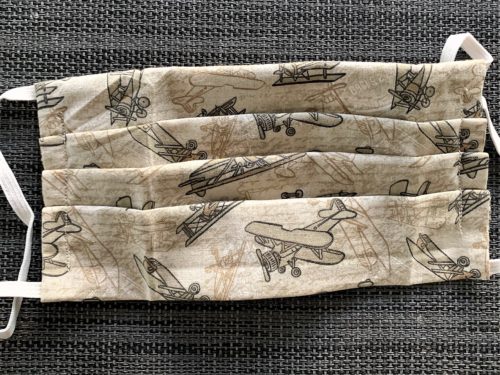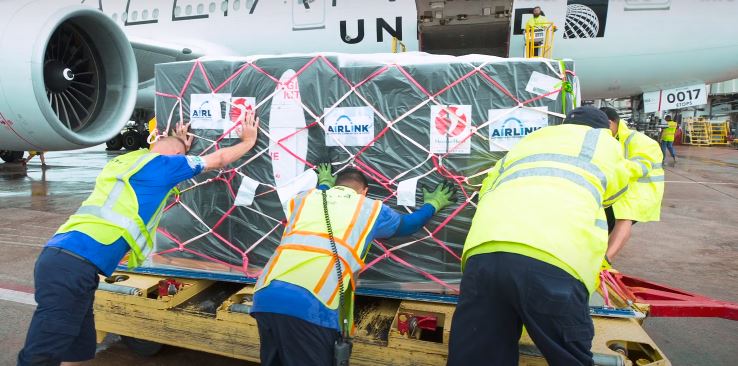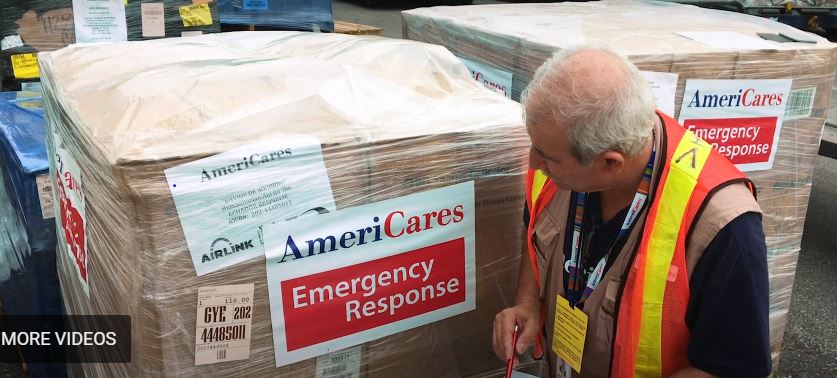
(This is a slightly different version of a story we wrote for NBC News online)
This was supposed to be the summer of “revenge travel,” catch-up trips, and rescheduled family reunions — but the surge in coronavirus cases, and in particular, the highly contagious delta variant has some travelers pausing their plans.
Summer 2021 has come with soaring prices for everything from rental cars to lobster rolls. Wildfires, heatwaves, delays, worker shortages, and an uptick in unruly passengers have all already tested the patience of the hardiest traveler.
But it wasn’t until the Centers for Disease Control and Prevention urged even vaccinated people to resume wearing masks indoors that the ramifications started to ripple through the travel and tourism industry.
Glenn Fogel, CEO of Booking Holdings, which operates sites such as Kayak and Priceline, said the rise of the delta variant and the new travel restrictions “have led to a modest pullback in our booking trends in the month of July relative to June.”
Around the country, major tourist destinations, including Las Vegas, Los Angeles County, San Francisco, and Washington, D.C. reinstated mask requirements in public indoor settings. Many communities are taking it a step further — a growing list of bars and restaurants in Seattle now require that patrons show proof of vaccination for entry. And nationwide, Yelp now has a filter that allows users to see if a restaurant or business has instituted a ‘proof of vaccination’ rule.
Later this month, New York City will begin requiring proof of vacation for indoor dining, performances, and other leisure activities. At least one hotel, Ian Schrager’s Public Hotel, in the Lower East Side of Manhattan, said it will require guests and workers to present proof of vaccination.
With changing rules and ever-tightening restrictions, travelers say they are beginning to think twice about their plans.
“I’m in the fretting stage. There’s so much that’s uncertain,” said Frieda Werden, who has a trip to Durham, North Carolina, planned for September. “I want to go see my mother, who is about to turn 96 and feels she is declining. But I don’t want either of us to get the variant.”
In Coupeville, Washington, Moe Bébé Fraser Bowman is adding concerns of the delta variant to the list of reasons why she keeps “putting off the notion of checking off the travel bucket list.”
Other travelers say they are still willing to travel, even abroad, despite the risks.
Nicole Woolcock of New York City says she won’t cancel her family’s trip to Portugal in September.
The family is booked into hotels that are taking extra precautions, she said. However, “if it looks like we won’t be able to leave our hotel and really experience Portugal, we’d reconsider our travel,” Woolcock said.
Tania Swasbrook, a luxury travel adviser at California-based Travelworld International Group, said many of her clients are also forging ahead.
“It is revenge travel with a hint of ‘the world may close down again so let’s go now,’” she said.
Deciding whether to take a trip is just one part of the puzzle, however. Travelers, or their agents, need to keep up with what can feel like a rollercoaster of changing protocols and rules. For some, the solution is to book “insurance” trips.
“Travelers are getting savvy, taking advantage of flexible cancellation policies, and booking multiple vacations for the same time but to different areas,” said Misty Belles, vice president for global public relations at Virtuoso Travel Network.
With several plans in place, “they know one will go through even if something happens in the other destinations,” Belles said.
Adding to the uncertainty of traveling right now is the fact that hotels, restaurants, and airlines are struggling to find enough workers to meet the demand.
“It is very bad right now,” said Jan Louise Jones, professor of hospitality and tourism in the Pompea College of Business at the University of New Haven. “And the variant? That’s not helping.”


